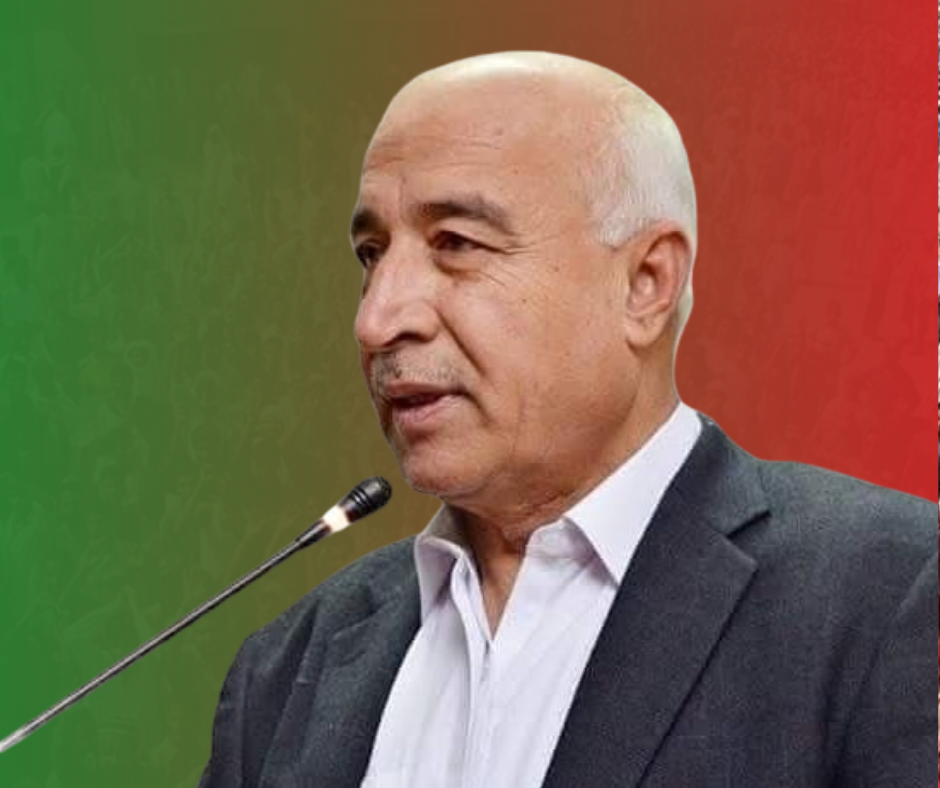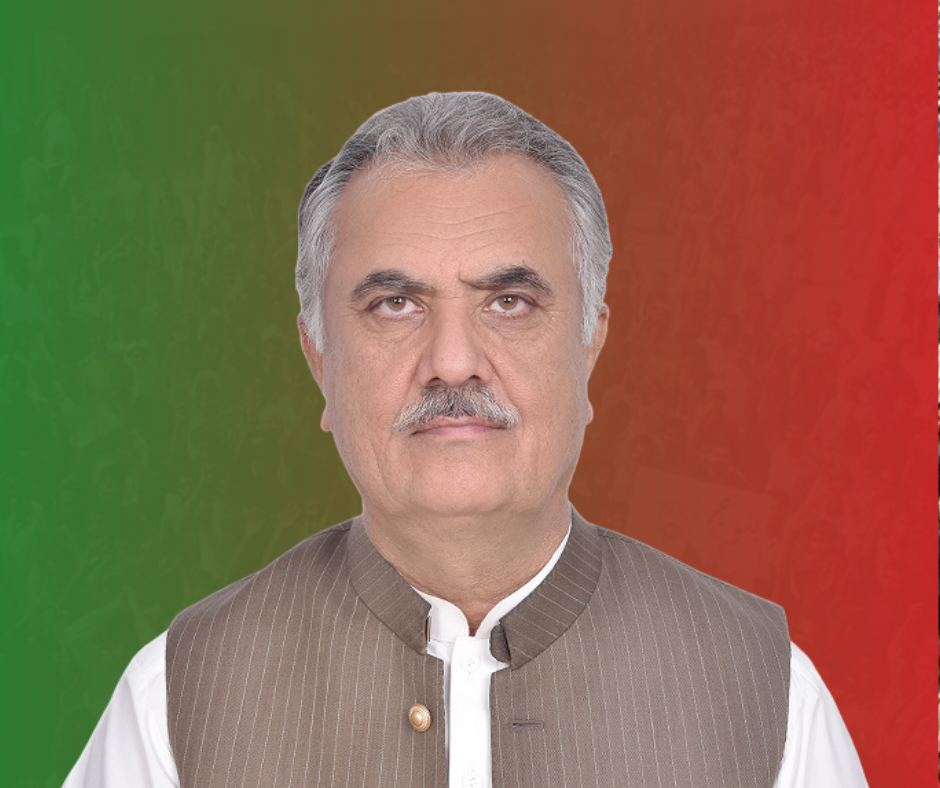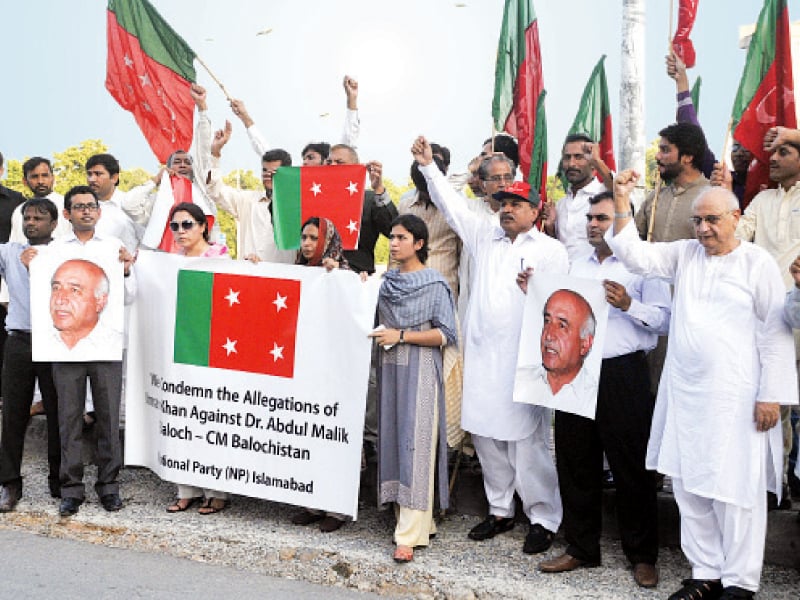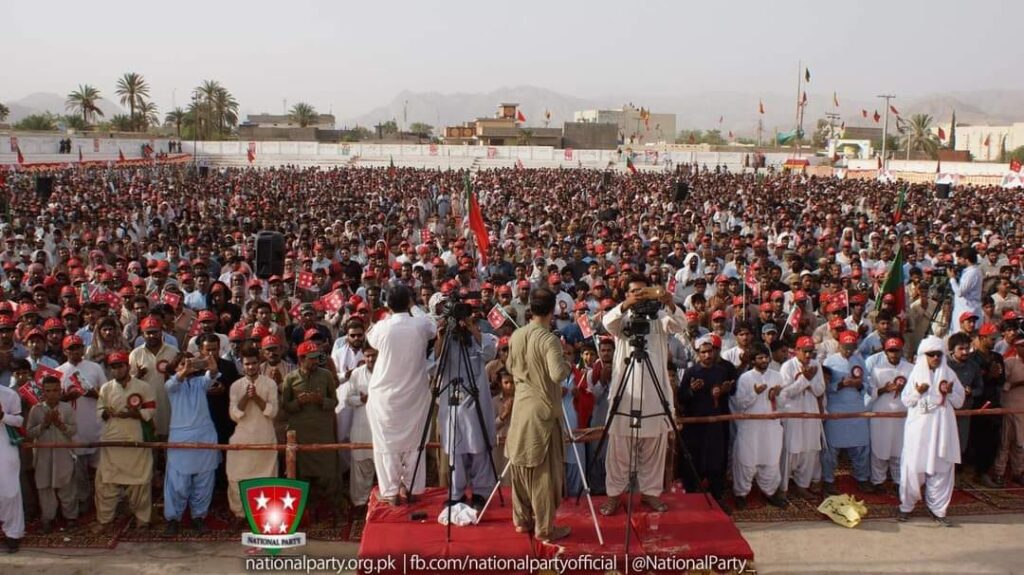National Party
National Party aims to shift from a security state to a welfare democracy.
We stand with the people of Pakistan — united in their diversity, equal in their rights, and determined to build a democratic and inclusive future.
National Party
The National Party is a progressive Social democratic party committed to fighting for equal national Rights and provincial autonomy
Founded in 2003, the National Party is a progressive social democratic movement rooted in the fight for equal national rights, and provincial autonomy across Pakistan.Led by President Dr. Abdul Malik Baloch, we stand for justice, equity, and the empowerment of all the people of Pakistan.
About Party History
National Party, founded in 2003, is a secular, progressive, and democratic political force rooted in the aspirations of Pakistan’s oppressed nations and working people. Guided by the principles of social democracy, inclusive federalism, and human dignity, we envision a peaceful, pluralistic, and prosperous federation where all citizens enjoy equal rights, security, and justice.
Our history stems from the union of two ideological movements: Balochistan National Movement (BNM) and Balochistan National Democratic Party (BNDP). These organizations trace their roots back to the National Awami Party (NAP), which has historically fought for democratic federalism and people’s rights.
We are the heirs of a century-long national democratic struggle that began in Balochistan in 1918, expanding to Pakhtunkhwa, Punjab, and Sindh. Our mission remains clear: a democratic Pakistan where power flows from the people, and all federating units have control over their resources and decision-making.
President, National Party
Dr. Abdul Malik Baloch
President of the National Party, a member of the Hooth tribe, a medical doctor by profession, Dr Malik belongs to a middle-class and educated family of Kech district. Dr. Abdul Malik Baloch was the first non-tribal leader to serve as the 21st Chief Minister of Balochistan (7 June 2013–23 December 2015).
Dr. Malik played an active role in the Baloch Students Organisation (BSO). In 1987, he formally started his political career with the Baloch National Youth Movement (BNYM), which later became the Balochistan National Movement (BNM).
He has been an MPA in the Balochistan Assembly thrice and also current MPA from Kech. He was a member in Nawab Akbar Khan Bugti and Nawab Zulfiqar Magsi’s cabinet and served as a provincial education minister and provincial health minister.
He has also served as a senator for six years in Islamabad and he played a major role in discussions over the 18th Amendment and in encouraging the federal government to surrender the entire Concurrent List of the constitution to provinces.

Secretary General, National Party
Mir Kabeer Ahmed Muhammad Shahi
Mir Kabeer Ahmed Muhammad Shahi is a prominent nationalist political leader, strategist, and advocate for democratic values and provincial rights. Hailing from Zard Ghulam Jan in Tehsil Mangochar, District Kalat, he is the son of the late Mir Abdullah Jan Muhammad Shahi, a respected Baloch leader affiliated with the National Awami Party (NAP) and later the Balochistan National Movement (BNM).
With a political career spanning nearly four decades, Mir Kabeer began his activism in 1986 through the Baloch Students Organization (BSO), where he served as President of the Quetta Zone. He joined BNM in 1994 and played a vital role on its Central Committee until 2003. Following the formation of the National Party through the merger of BNM and the Balochistan National Democratic Party, he emerged as a key figure within the party’s leadership. He has served two consecutive terms as Senior Vice President and elected Secretary General during the party’s 7th National Congress in October 2024.
Mir Kabeer’s political career record includes his tenure as District Naib Nazim of Kalat (2001–2005) and as a member of the Senate of Pakistan (2015–2021), where he actively represented the interests of Balochistan at the national level.
He holds a Master’s degree in Public Administration from the University of Balochistan and a Bachelor of Laws (LLB) from University Law College, Quetta. His lifelong commitment to social justice, constitutionalism, and inclusive governance continues to shape his contributions to Pakistan’s democratic and political landscape.

Our Success Stories
Our Success Stories: Building a Brighter Future
The National Party has made notable strides in empowering communities, improving governance, and ensuring equitable development. Here are some of our key achievements
Decentralized Governance Initiatives
We successfully advocated for policies that allow local governments more autonomy, enabling communities to make decisions that best serve their needs.
Advancement in Education and Healthcare
In our campaign, we are committed to ensuring that every child receives quality education and every citizen has access to essential healthcare — no matter where they live. We believe remote and marginalized communities deserve equal opportunities, and we’re fighting to make that a reality.
Economic Empowerment Programs
Our campaign stands for economic justice. We are advocating for programs that uplift small businesses, expand access to economic resources, and bridge the gap between regions. It’s time to build an economy that works for everyone — not just a privileged few.
Protecting Cultural Identities
Our campaigns to safeguard the cultural heritage and identities of marginalized communities have been pivotal in ensuring diversity is celebrated, not suppressed.
Strengthening Provincial Rights
The National Party played a crucial role in the 18th Amendment, advocating for provincial autonomy and securing the rights of federating units in Pakistan’s governance structure.
Youth Empowerment and Education Reforms
We’ve championed policies to improve youth access to quality education and employment opportunities, equipping future generations for leadership roles in Pakistan’s growth.
Legal Reforms for Gender Equality
Through our advocacy, the National Party has pushed for comprehensive legal reforms aimed at ensuring gender equality and the protection of women’s rights across the country.
Protecting Cultural Identities
Our campaigns to safeguard the cultural heritage and identities of marginalized communities have been pivotal in ensuring diversity is celebrated, not suppressed.
Our blogs
Introduction:In a country as diverse as Pakistan, the principle of provincial autonomy is crucial for ensuring fairness, stability, and development.…
Islamabad, Pakistan – The National Party, a beacon of democracy, equality, and justice in Pakistan, has a rich and historic…
News Feed
Please insert Consumer and Secret Keys in respective fields



